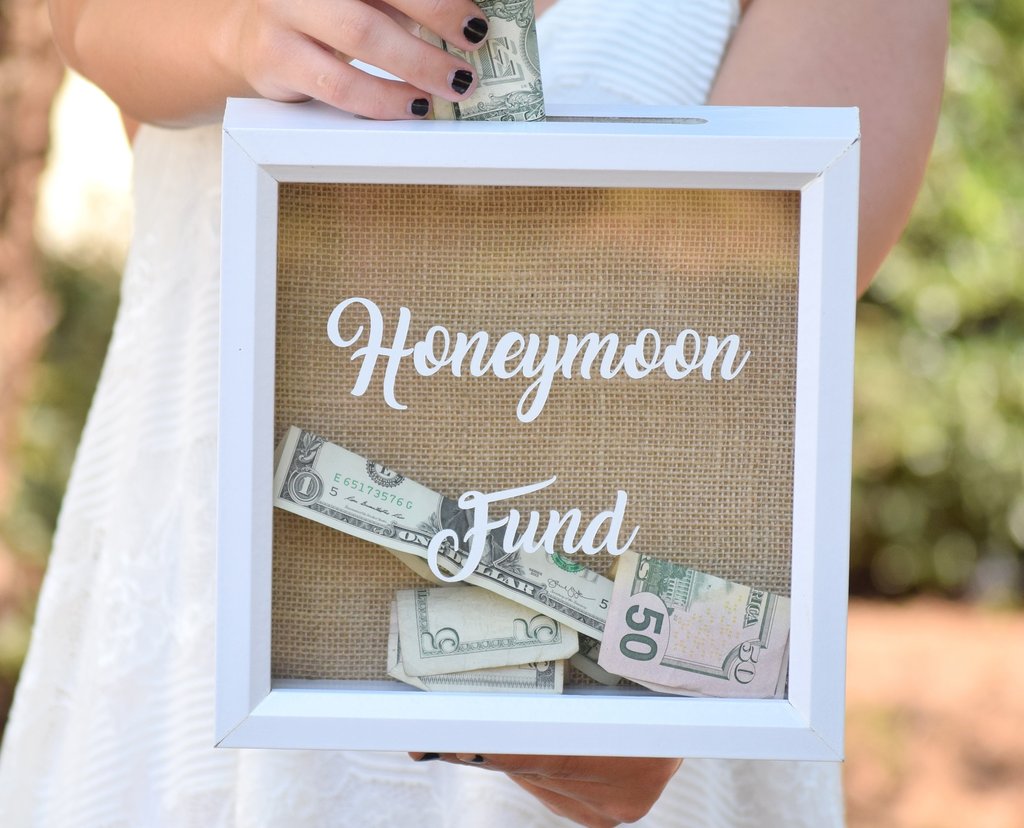Wedding Payment Traditions: Solution to the Money Issue

It is no secret that the big day often comes with a beefy price tag, and it's a wedding tradition to decide who pays and what the estimated budget is. It is convenient to think about each expense before looking into anything in more detail. Historically, there has been a payment tradition for the bride’s family to sponsor the wedding. The good news is that we now live in modern times, and the party plans and financial decisions are ultimately made by the bride and groom-to-be.
The Engagement Party
Engagement parties are not a must. However, if a couple does choose to have one, the bride’s family usually take up the roles of hosts and financers. Having said that, it is acceptable for pretty much anyone to volunteer to do so…perhaps a rich aunt or uncle would violate the tradition and become the person who pays for the wedding?
It is important to note that for an individual to make it onto the engagement party guest list but not receive an invitation to the wedding itself, is a defilement of the wedding etiquette.
Wedding Apparel
The wedding gown, as well as any of the bride’s beauty requirements and associated paraphernalia, is funded by the bride herself or her parents. The bride’s family are also in charge of buying the dresses for the bridal party. Likewise, this wedding tradition says that the groom and/or his family are the ones who pay the price of his outfit. They also pay for the flowers in the bride’s bouquet.
Rings
Who pays for this beautiful wedding ring tradition? The bride and groom are usually in charge of buying their significant other a wedding ring. Unfortunately for the groom’s bank account, he also has to pay for an engagement ring. However, in some cultures, it is in fact custom for the groom to also receive an engagement ring (or watch)!
Ceremony and Reception
The groom’s family will claim the cost of a rehearsal dinner (if there is one), along with that of any official licensing fees, and the couple’s transport to and from the wedding location.
The total costs of both the ceremony and the reception fall (yet again) to the bride and her family. This consists of all the catering, entertainment, favors or mementos for attendees, and any equipment they may have hired. In some places, like Sweden, it is becoming more and more common for the wedding guests to be asked to actually pay their way for the reception dinner instead of spending their money on a wedding present.
The Honeymoon

The groom himself and the groom’s family customarily take care of this cost. Conversely, these days it is increasingly common to see couples asking for cash donations from their guests instead of providing a registry for wedding gifts. This way a new wedding tradition is established where the guests are the ones who pay for their romantic getaway as newlyweds.
Destination Weddings
When it comes to destination weddings, costs can be significantly higher. Guests must pay for their personal travel charges, hotel bookings, and any food or extracurricular costs that are not officially included in the celebrations. Accommodation is covered by the couple’s families for those who are invited with an official role in the wedding party.
It is important to note that although some lucky couples have parents, who are both capable and willing to stick to the wedding tradition and who can pay for the celebration in its entirety. Few couples these days play exactly by these rules. Some choose to split the costs clean down the middle between themselves, others will cover most of the bill and allow their parents or other immediate family members to subsidize certain costs if they would like to. The most crucial thing to keep in mind is that there is no right or wrong way to follow a certain wedding payment tradition — it’s all about finding a financial plan that would work for both of you.